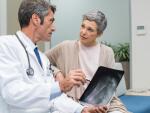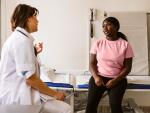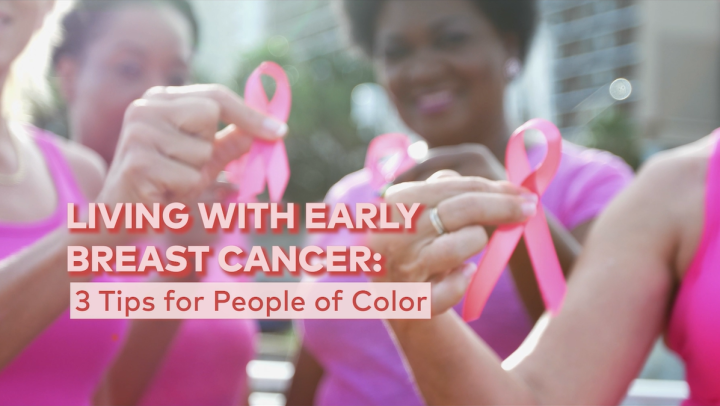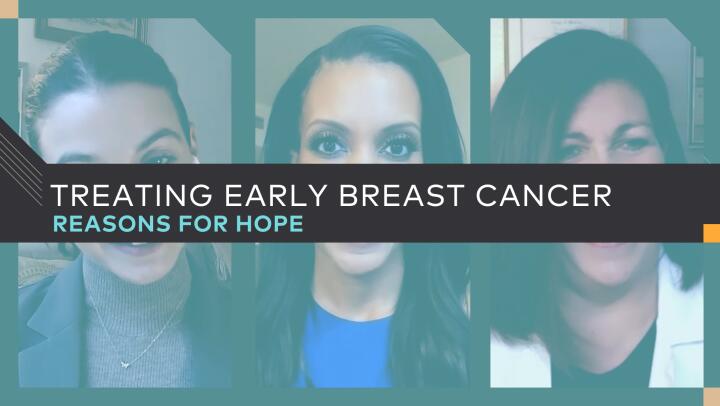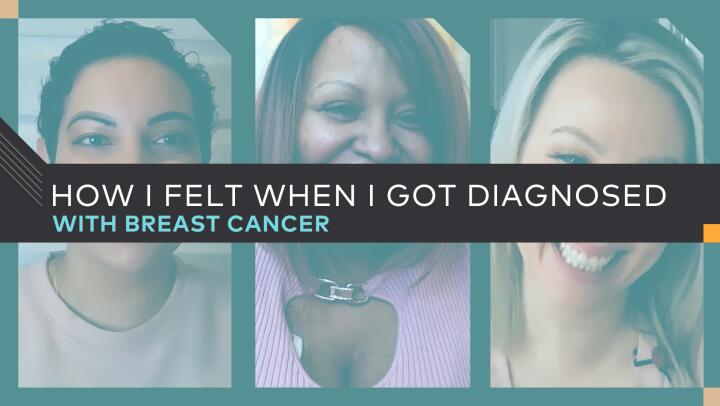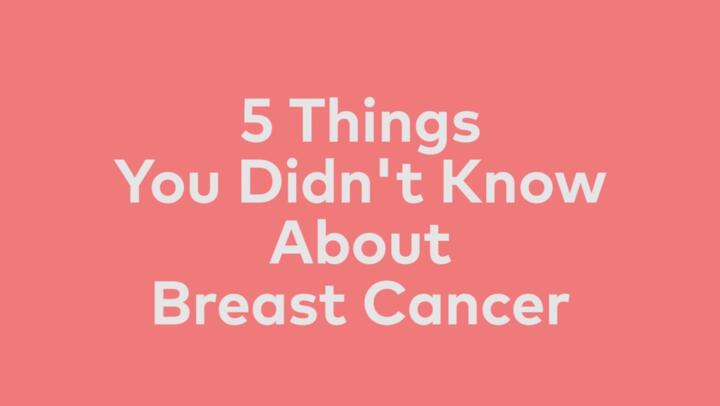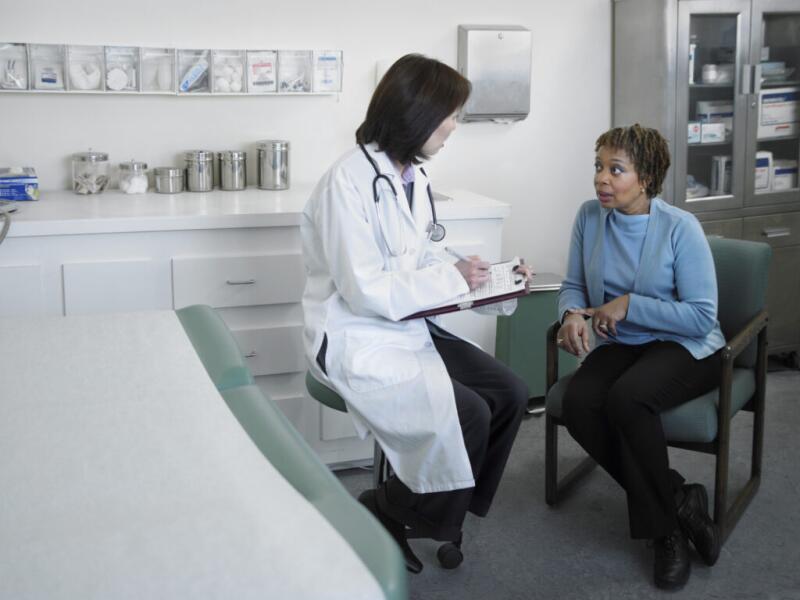
Learning all you can about breast cancer can help you better understand treatment options and make decisions about care. The first step toward finding the right treatment is knowing the size and features of your cancer and whether it has spread to your lymph nodes or organs. Doctors refer to this information as staging, the results of estrogen receptor (ER), progesterone receptor (PR), and HER2/neu proteins are important and help determine final stage.
Early stage breast cancer treatment is different from late stage treatment. Knowing your stage and breast cancer treatment options can reduce some of the uncertainty that comes with a cancer diagnosis.
Breast cancer stages
The doctor will use the results from your mammogram, other imaging scans, and biopsy to determine your stage, which can range from 0–4. In some cases, doctors will determine the stage after surgery once the final pathology results are available which include the ER, PR, and HER2/neu proteins. The following stages are used to describe the size of a cancer and where it has spread:
- Stage 0: Includes noninvasive breast cancers such as ductal carcinoma in situ (DCIS). These cancers remain in the small area of the breast where they started.
- Stage 1: Is a very early cancer in a small area of the breast, but some cells may have spread to the lymph nodes.
- Stage 2: Breast cancer is larger and has spread to the lymph nodes.
- Stage 3: Breast cancer has spread through more of the breast, and possibly into the skin. It has also spread to lymph nodes under the arm or near the breastbone or collarbone.
- Stage 4: Advanced breast cancer has spread to distant parts of the body, including organs such as the lungs, liver, or brain.
Breast cancer and lymph nodes
Lymph nodes are part of your body’s immune system. Their job is to filter cancer cells and other foreign substances out of lymph fluid, which travels around your body through vessels.
You have lymph nodes all over your body, including the neck, armpits, chest, and groin. These nodes sometimes swell when you have an infection.
Cancer cells can sometimes break away from the original breast tumor and travel through the lymph system to the lymph nodes — reaching other parts of the body.
Early breast cancer treatment
Your breast cancer stage gives your doctor important information about how to treat it. Other factors are also considered when determining your breast cancer treatment options, including how your cancer responds to hormones like estrogen and whether it has certain gene mutations.
Early stage breast cancer treatment usually involves surgery to remove the tumor. If the tumor is small, the doctor may do a lumpectomy.
Another name for this procedure is breast-conserving surgery. The surgeon removes only the tumor or part of the breast where the cancer is located. During breast cancer surgery, the surgeon will also remove any lymph nodes that could have cancer.
A mastectomy — surgery that removes your whole breast — is performed to treat tumors that are too big for a lumpectomy. You can choose to have reconstruction surgery after a mastectomy to restore your breast’s shape and size.
After surgery you may get radiation therapy, which uses high-energy rays to kill cancer cells. Radiation destroys any cancer cells that might have been left behind after surgery. Chemotherapy is another whole-body treatment you might get after surgery. It uses drugs to kill cancer cells all over your body.
Treatment for hormone-receptor-positive breast cancer can include the following:
- Hormone therapy: Drugs that lower or block the estrogen that helps some breast cancer cells grow.
- Targeted therapy: Drugs that act on the specific proteins that help your cancer cells grow and multiply.
- Immunotherapy: A treatment that boosts your immune system to help it find and destroy cancer cells.
Many new breast cancer treatments have been approved in the past few years. This means you can work with your doctor to explore different treatment options.
However, having so many choices can sometimes feel overwhelming. Take the time to connect with your doctor and talk about each treatment. If you’re still uncertain about which treatment path to follow, you can seek a second opinion from another breast cancer specialist.



